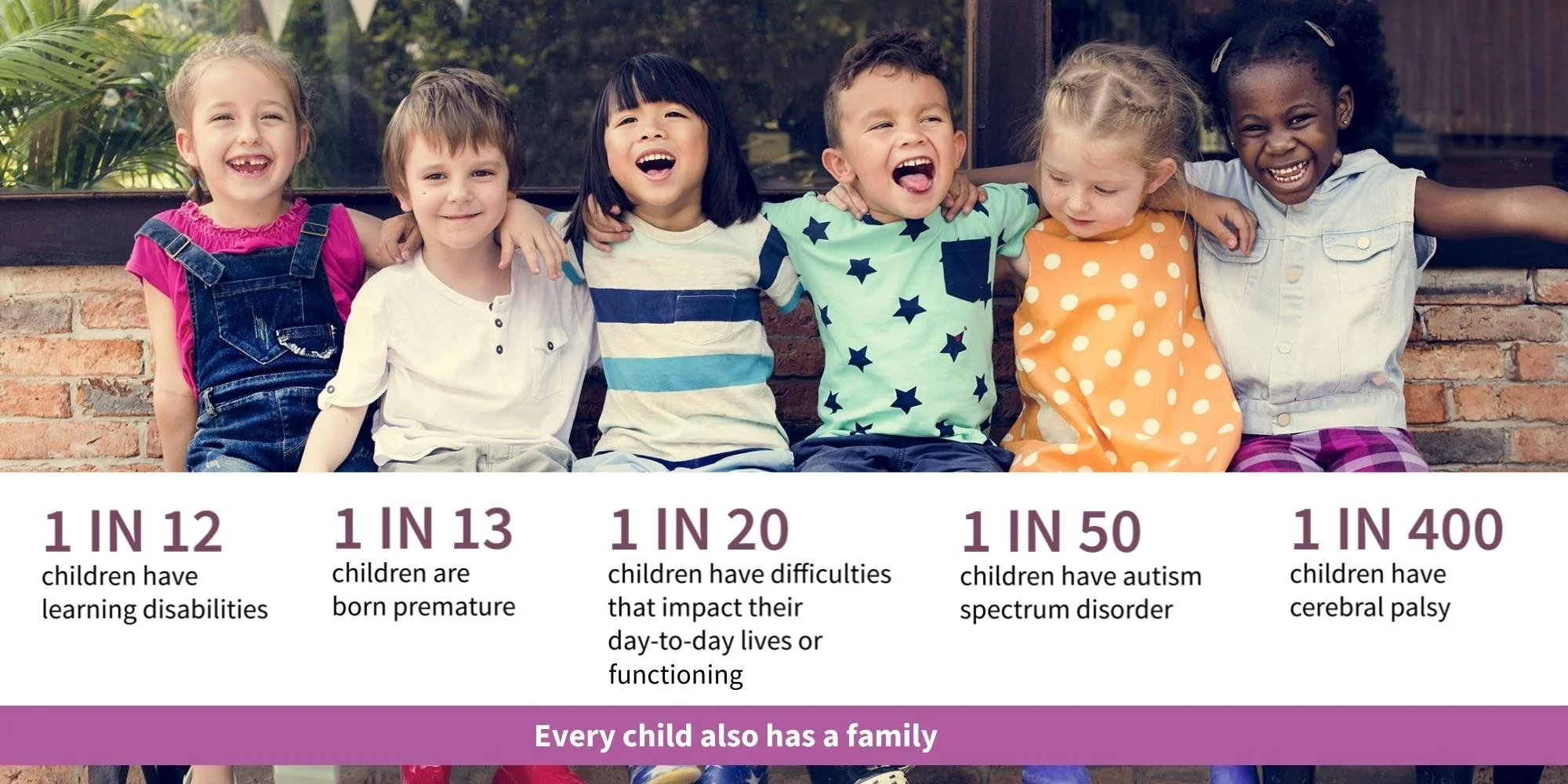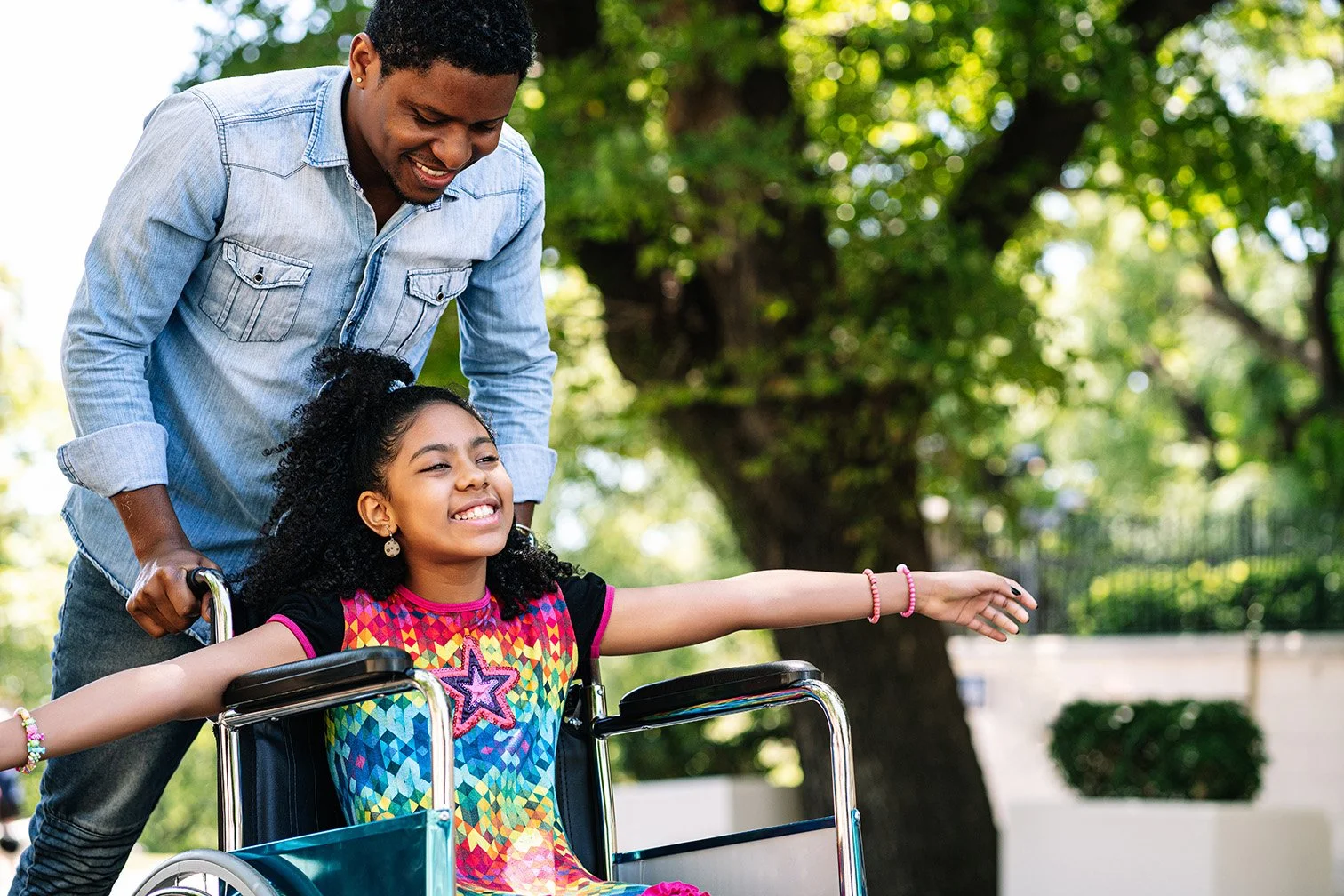In the month of June, we pause to commemorate and acknowledge two important occasions: National Indigenous Peoples Month and PRIDE Month. These days hold great significance in acknowledging and honouring the past and continuing experiences, contributions, and struggles of the Indigenous Peoples and the 2SLBGTQIA+ community. As part of our commitment to redress and reconcile, our Equity, Diversity, Inclusion, Decolonization and Indigenization (EDI-DI) Program actively strives to establish and maintain research, network and program environments that are equitable, accessible, and inclusive.
On June 21 we join the nation in honouring National Indigenous Peoples Day. It is a day to recognize and appreciate the rich cultural heritage, wisdom, and resilience of Indigenous Peoples. We acknowledge the historical and ongoing injustices faced by Indigenous communities and affirm our commitment to reconciliation, decolonization, and Indigenization efforts. This is a time to listen, learn, and amplify Indigenous voices, valuing their unique perspectives and knowledge.
As we observe PRIDE Month, we stand in solidarity with the 2SLBGTQIA+ community, celebrating the importance of fostering an inclusive, accepting and welcoming environment for all individuals, regardless of their sexual orientation or gender identity. We recognize the importance of advocating for their rights and well-being, striving to become better allies each day. This is a time for us to reflect on the progress made and the work that still lies ahead in fostering equity, diversity, and inclusion.
As individuals and as a society, we have a responsibility to create a world that embraces and respects the rights and dignity of all individuals, regardless of their sexual orientation or gender identity, and to honour and uplift the Indigenous Peoples who have stewarded the land for generations. This period serves as a reminder of the ongoing journey toward equity, justice, and understanding.
At CHILD-BRIGHT, we are dedicated to fostering an environment of inclusivity and social justice. We believe that every child and family deserves the opportunity to thrive, free from discrimination and with access to equitable healthcare. Through our EDI-DI Program we aim to contribute to the advancement of research excellence by embracing a health equity approach in patient-oriented research.
During this month of reflection and acknowledgment, let us reaffirm our commitment to creating a world that embraces diversity, supports equity, and champions the rights of Indigenous Peoples and 2SLBGTQIA+ individuals. Together, we can forge a path towards a more inclusive and just society, where every child's potential can be realized.











